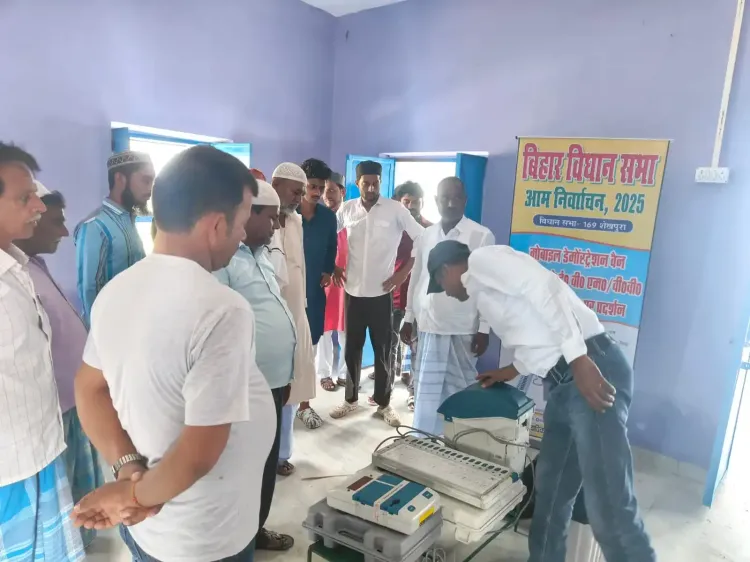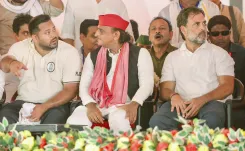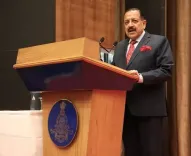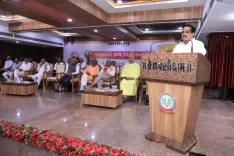Did the ECI Address Duplicate Voter Allegations in Bihar?

Synopsis
Key Takeaways
- ECI strongly refutes duplicate voter allegations.
- Draft rolls are provisional and open for public scrutiny.
- Field verification is essential for confirming duplicates.
- The integrity of the electoral process is protected by legal frameworks.
- Allegations are based on subjective data without solid evidence.
New Delhi, Aug 31 (NationPress) The Election Commission of India (ECI) has firmly countered claims from a recent media report alleging extensive duplication within Bihar's current Special Intensive Revision (SIR) of electoral rolls. In a comprehensive statement released on Sunday, the Chief Electoral Officer (CEO) of Bihar emphasized that the draft rolls published under the SIR 2025 are provisional and specifically intended for public examination.
“Any alleged duplication at this stage cannot be interpreted as a definitive mistake,” the statement by the CEO of Bihar indicated on X, underlining that the law allows for objections, verification, and amendments before the final publication.
In response to the report's mention of 67,826 “dubious duplicates,” the CEO contended that this figure “is derived from data-mining and subjective matching of name/relative/age combinations,” adding that, “These criteria, lacking documentary and field verification, cannot conclusively demonstrate duplication.”
In rural Bihar, it is not unusual for several individuals to have the same names and ages, rendering such digital extrapolations unreliable, the post clarified.
The ECI pointed out that its ERONET 2.0 system flags potential duplicates as Demographically Similar Entries (DSEs), which are only removed after field verification by Booth Level Officers (BLOs) and Electoral Registration Officers (EROs).
Providing examples from Valmikinagar, officials stated that mere numerical claims cannot substantiate factual duplication without thorough reports, the election body remarked.
Individual instances, such as “Anjali Kumari” from Triveniganj and “Ankit Kumar” from Laukaha, were identified as clerical or migration-related errors, both of which have been rectified through Form 8 submissions.
The rebuttal also refuted claims that rendering rolls “non-scrapable” obstructed transparency, describing it as a protective measure under Rule 22 of the Registration of Electors Rules, 1960, in accordance with the Supreme Court's directives in Kamalnath vs ECI (2018).
Reaffirming legal safeguards, the CEO stated that Section 22 of the Representation of the People Act, 1950 empowers EROs to eliminate duplicates.
“The draft roll is subject to ongoing scrutiny, objections, and legal corrections until the final list is published,” the statement added, cautioning that “the report’s assertions that the SIR 'facilitates fraud' or that duplicates will significantly influence elections are speculative, premature, and contrary to the legal framework that governs electoral roll management.”






